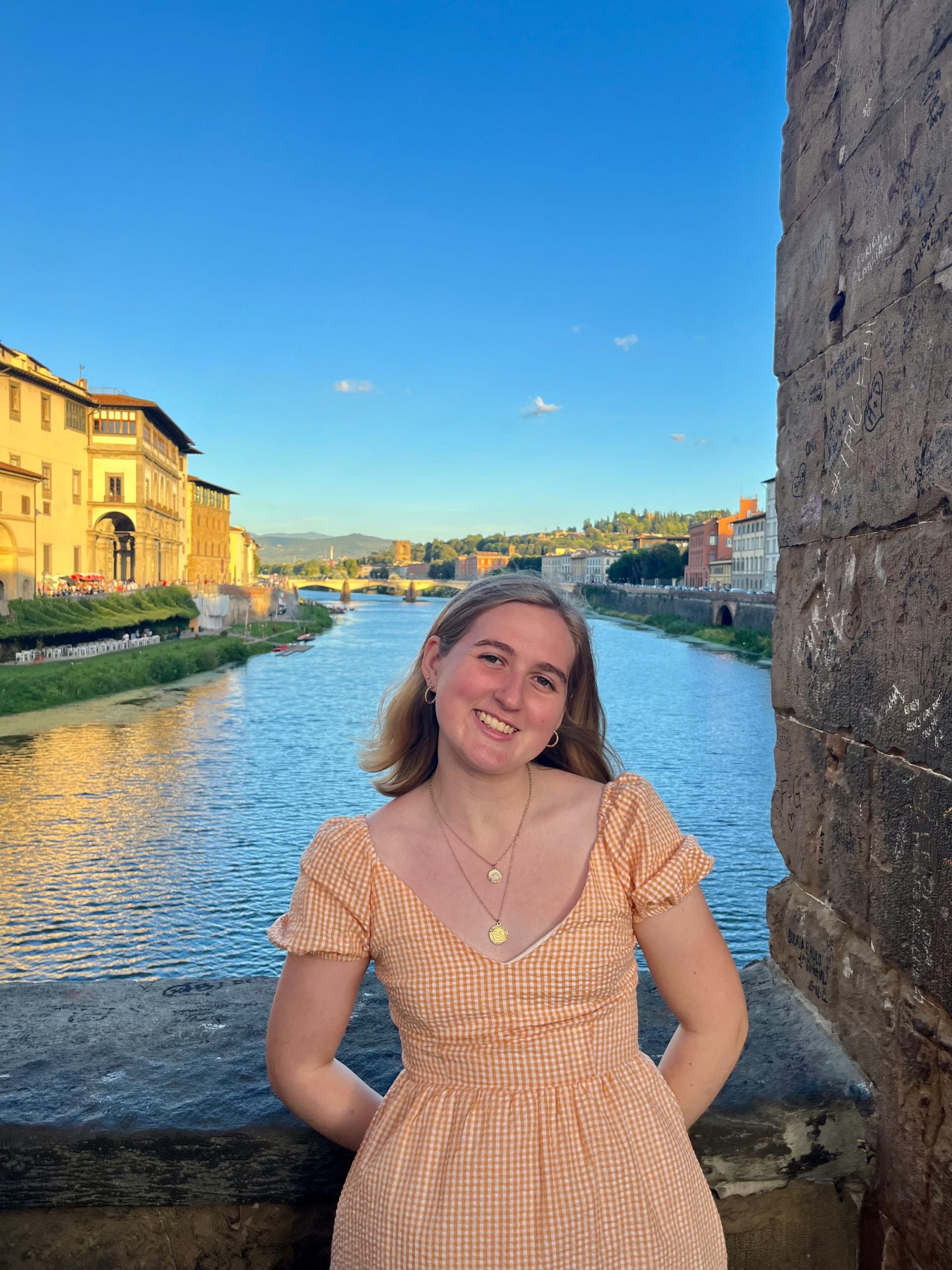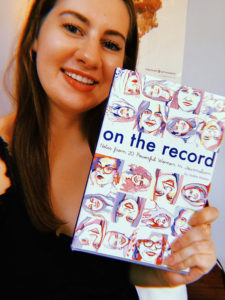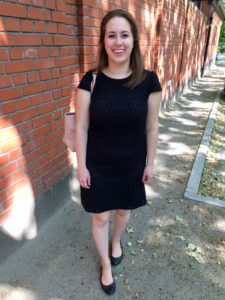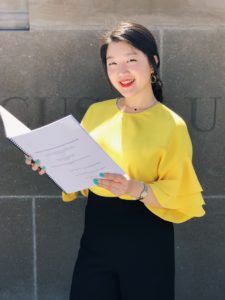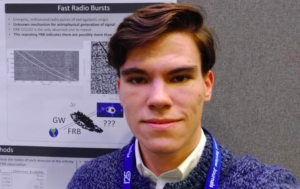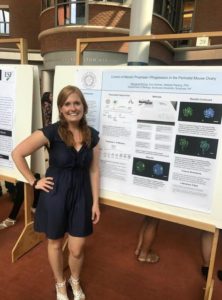
Student Thesis Experiences
The Honors Thesis
A thesis in Honors requires the development of 'next level' professional and academic skills. We are here to help you develop those habits, skills, and attributes that will put you in demand with employers and post-graduate opportunities. Through the Thesis, Honors can help you showcase the quality of your undergraduate work, and develop tangible organizational, research, and project management skills that employers are seeking in college graduates. No matter your undergraduate program or major, there is a path through the Honors Thesis process for you.
A Four Year Overview of the Thesis
First Year
Start Exploring
Use your first year to start exploring the resources at Syracuse. Attend an Honors Research Fair, other poster sessions or events in your school or college, and read a few past Honors theses that interest you.
Also, it's not too early to build connections with faculty who stand out to you. GO TO THEIR OFFICE HOURS. Head to our connecting with faculty page to read more about how to approach faculty.
Sophomore Year
Begin Planning
Start early this year: Use our introductory and planning resource pages to develop your interests into a topic, and make connections with faculty. Talk to instructors and faculty in your classes; read any papers or talks they've given, and start asking questions about how undergraduates may figure into their work. This is also a great year to focus on taking a course that covers research methods, so that you gain an understanding of the process.
Junior Year
Get Producing
This is the pivotal year that will determine whether your project's success. This year you'll want to be refining your topic and working with a faculty member to develop a plan for executing your project. If you need extra resources, this is the year you'd want to apply for Crown Thesis Funding as well. Often this is the year students may conduct data gathering, travel, or conduct lab work in support of their project. Your junior year is all about building on the knowledge and connections you made during your sophomore year.
Note: you will need to have an initial project proposal approved by Honors by the end of your junior year to remain in Honors for your senior year.
Senior Year
Finalize, Present, & Submit you Thesis!
During your senior year there are deliverables and milestones you'll need to meet to achieve your goal of finishing your thesis project.
You will need to already have an approved proposal on file with Honors, and this is the year you'll register for your thesis course (499), produce your written thesis and showcase your hard work at our annual presentation day in May.
